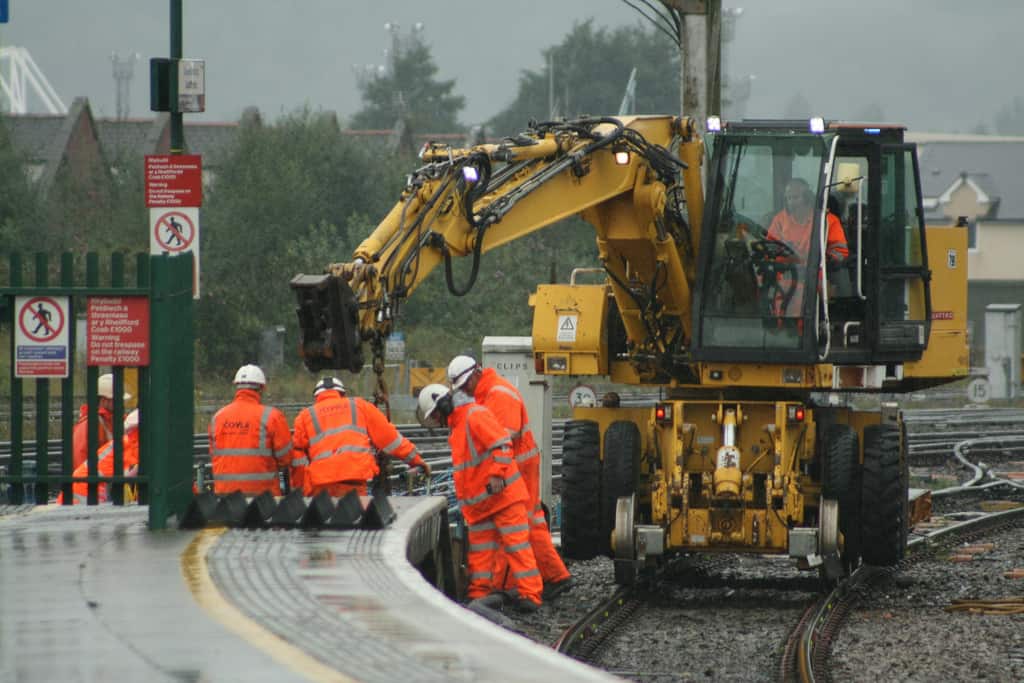Network Rail bans retentions and tells tier one contractors to pay suppliers within 28 days
22nd June 2018
Network Rail have told tier one contractors that they will be banned from using retentions and must pay suppliers within 28 days of work being completed.
The changes are part of a revamp of Network Rail’s terms and conditions for Control Period 6, which will see £48billion worth of work for tier one contractors from 2019-2024.
There had been growing debate over the payment of subcontractors in light of Carillion’s collapse at the beginning of the year.
Under the new terms and conditions, tier ones will be required to pay all suppliers with 28 days of work, with cash retentions being abolished completely.
Stephen Blakey, commercial director for Network Rail’s infrastructure projects division, told Construction News that action on payments and retentions was the “right thing to do”, hoping others would follow suit.
He said: “In a progressive way we will now hold our tier one contractors to account to ensure they have signed up to in our terms and conditions.
“What fixing our payment terms between tier ones and tier twos at 28 days is make the risk profile much more attractive than it would perhaps in mainstream construction.”

Blakey did not disclose what the penalties would be if contractors breached the terms, but did say that tier twos would be able to alert Network Rail to subcontracts that failed to meet requirements.
They will also now carry out regular spot-checks on suppliers, with those in breach having to explain their positions.
Network Rail will also be introducing project bank accounts for the first time along with more stringent financial checks on suppliers. Though it was denied that the step-up in financial checks were a knee-jerk reaction to Carillion’s collapse.
A fair payment charter that called on companies to halve the payment terms from 56 to 28 days was put in place in 2011.
Build UK and the Civil Engineering Contractors Association have already suggested removing retentions by 2023.
Blakey added: “Now we will be checking those suppliers a minimum of once a year, but in some cases, there may be quarterly assessments where required.”
Previously, Network Rail would only assess the financial position of a company at the point of contract award and would not check again throughout the life of the contract.